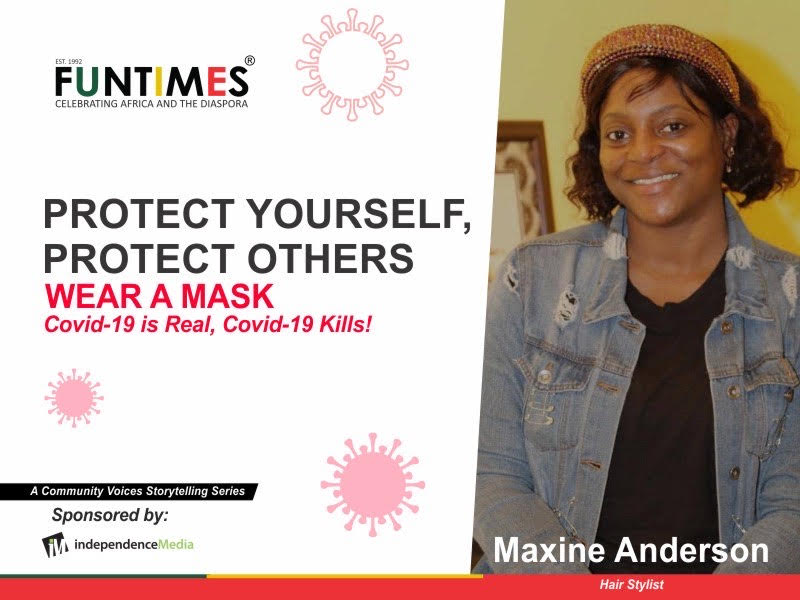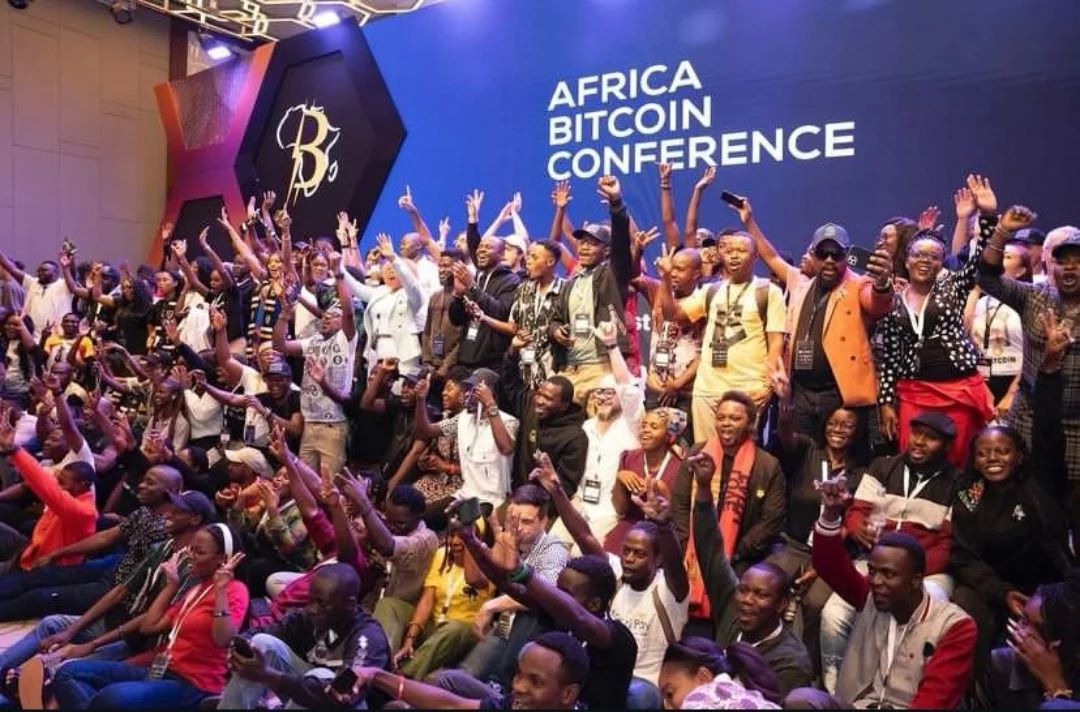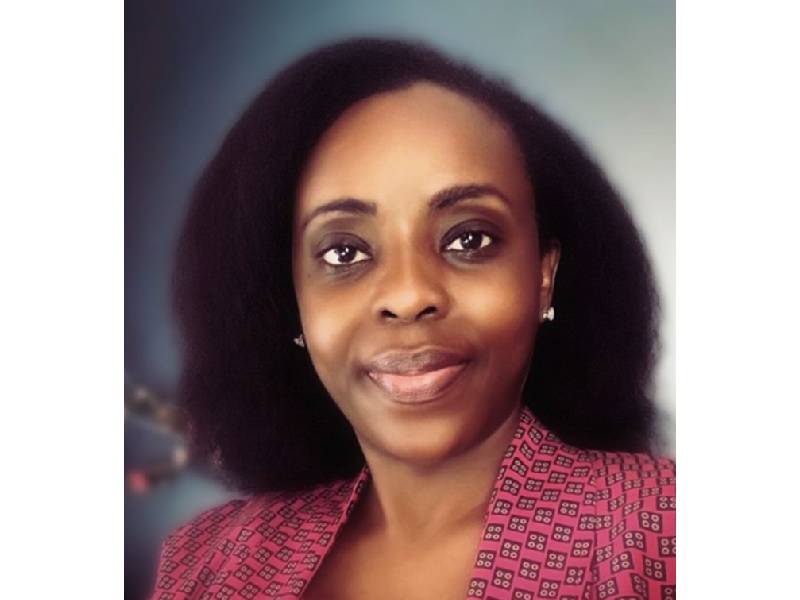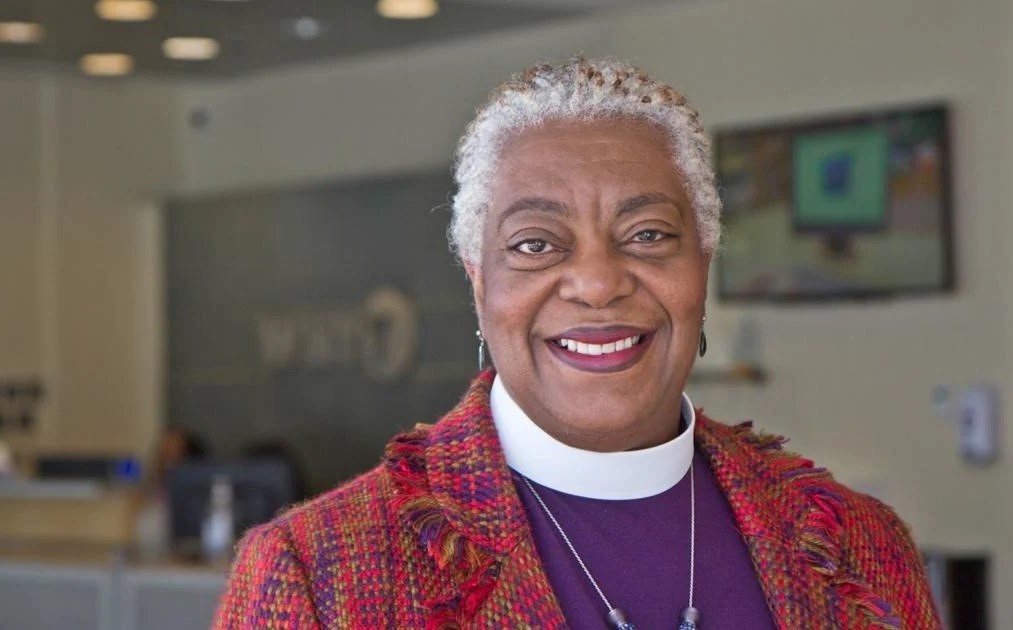The legacy of America as a fertile land of opportunity comes into question as the media portrays the country’s devastating realities during COVID-19 and changemakers toil to transform the struggles of the non-White population. Underneath the surface of this harsh American reality, however, is the resilience, creativity and survival tactics that these underserved demographics exhibit.
Many immigrants voyage to America in search of opportunity, not just for themselves but also for their families. When Black immigrant communities in America familiarize themselves in new environments, they simultaneously face two hardships: being Black and being an immigrant. In a quest to honor our mission of serving African diasporan communities in Philadelphia and beyond, we are exploring how COVID-related issues have compounded or impacted the existing realities of Black immigrants on the front lines of the pandemic. What we discovered was the resilience of these communities and stories of inspiration that may help you bolster your strength and gain a fresh perspective on the lives of those in the African diaspora.


In 2018, the Pew Research Centre found that Afro-Jamaicans are the largest group of Black immigrants that are moving to the United States. Many Jamaicans, known for their hard work, influential culture and music, come to America with an intense motivation to succeed. But while they make important contributions to society, they are treated unfairly, and discriminated against, based on not only their culture, but also their skin color.
Maxine Anderson, an Afro-Jamaican, has been living in the United States for 5 years, and works as a hairstylist. She has managed to make the most of the circumstances placed before her as a Black immigrant and foresees COVID-19 bringing positive changes despite all of the loss it has brought the world.

Working and living in America has provided Maxine with firsthand experience of how racism and discrimination function in the society. She describes her experience: “A lot of people judge you based on where you are from. This is a racist country. A lot of people like to think down on you when you are from a foreign country. I’m from Jamaica. Our first language is not English, its Patois. A lot of people think that if you can’t speak or understand English very well, then you are dumb.”
Maxine illustrates her resourcefulness, through her interactions with customers and people she encounters daily. Many of her clients have bad attitudes toward her when they first enter her space. Instead of responding negatively towards them, she compliments them. Usually, they soften up and tell her they have been having a bad day or inform her of problems at home. By learning how to navigate the prejudices she encounters, Maxine has been able to build better and unlikely relationships.

One of Maxine’s COVID concerns is that some people don’t wear their masks or use proper hygiene procedures. She says “We put a sign up that says no mask, no entry, but some clients do not pay attention.” A part of Maxine doubts that COVID-19 is a natural phenomenon. “Sometimes I don’t think COVID is real. Sometimes I think it’s a conspiracy theory or population control. At some point, I’m like ‘How is it that if a person gets sick and stays in their house they don’t die, but they have to go to the hospital and die?’ ”
She has not received any COVID-related resources for her business, so she does not get help with her earnings, which go toward food, utilities, caring for her child and sending money back home. Maxine provides for her family in Jamaica, who are facing intense hardship, as COVID has exacerbated the struggles they face. She says “It’s hard for my family. They are not working. COVID has made them depressed. My family is hungry, I tell you. People are dying of hunger…Tourists can’t go there to support the small businesses…People from America don’t understand the realities of those from a third world country.” As an immigrant, Maxine also faces difficulty obtaining documents and resources like a bank account or a job.

Maxine gives special advice for Black immigrants like her who are working and struggling during COVID: “Take care of your patients/clients from your heart and soul. Make a person feel good within themselves. Hairdressers and cooks are now seen as essential workers. Stay motivated, be focused and be even more grateful and thankful about life and that you can help others. A lot of people don’t have jobs right now. Stay motivated, believe in yourself, and when you can’t do that, pray, fast, meditate and think about the positives. Once you have life, you can be better, you can live better, and you can treat people better.”
She is hopeful that COVID will lead people to be more hygienic long term, which may prevent or lessen the blow of future outbreaks. “I think COVID has helped people to stay clean. People now know that when you keep yourself clean it prevents you from catching germs and when you keep clean you keep healthy. That keeps me motivated. Even 5 or 10 years from now, people will remember COVID and keep clean and keep some distance from people.”

Another positive change Maxine sees happening is that the compounding issues of COVID-19 and racism are pushing different African diaspora groups to collaborate, which will be beneficial in building progress. She says “Immigrants and Black Americans are joining forces now, and are inspired to create generational wealth. I never saw so many Black people come together. This had to happen for us to open our eyes to see that in the Black communities, things were going down… For example, like how hard I have to work here in America and some are here wasting their time. Hopefully after this people can start to create an example. After the pandemic, people are going to grow stronger together.”

This article has been made possible by the Independence Public Media Foundation.

Photo and Video credit: Laura Elam
Citation
https://www.pewresearch.org/fact-tank/2018/01/24/key-facts-about-black-immigrants-in-the-u-s
SMC
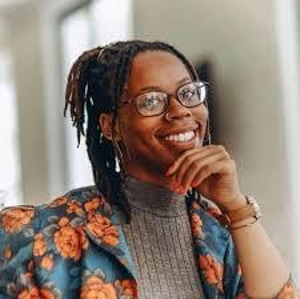
Nana Ama Addo is a writer, multimedia strategist, film director and storytelling artist. She couples her passion for the diaspora with art and collaboration to fuel a modern creative economy. She graduated with a BA in Africana Studies from the College of Wooster, and has studied at the University of Ghana and Kwame Nkrumah University of Science and Technology. Visit her storytelling brand at www.asieduasimprint.blog. Connect with her creative agency on Instagram: @chitheagency.

